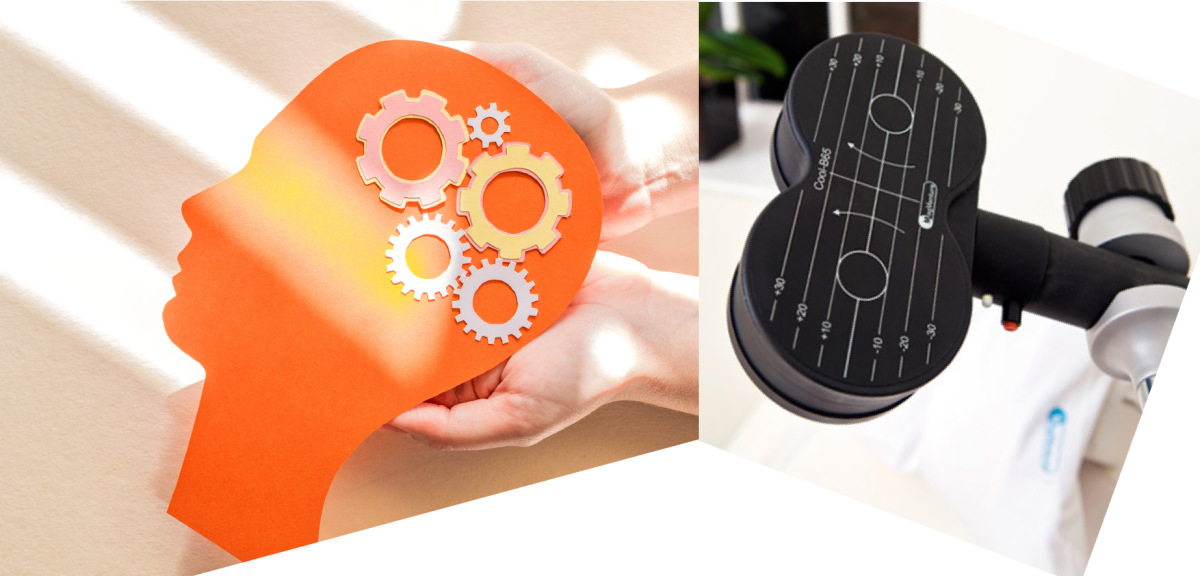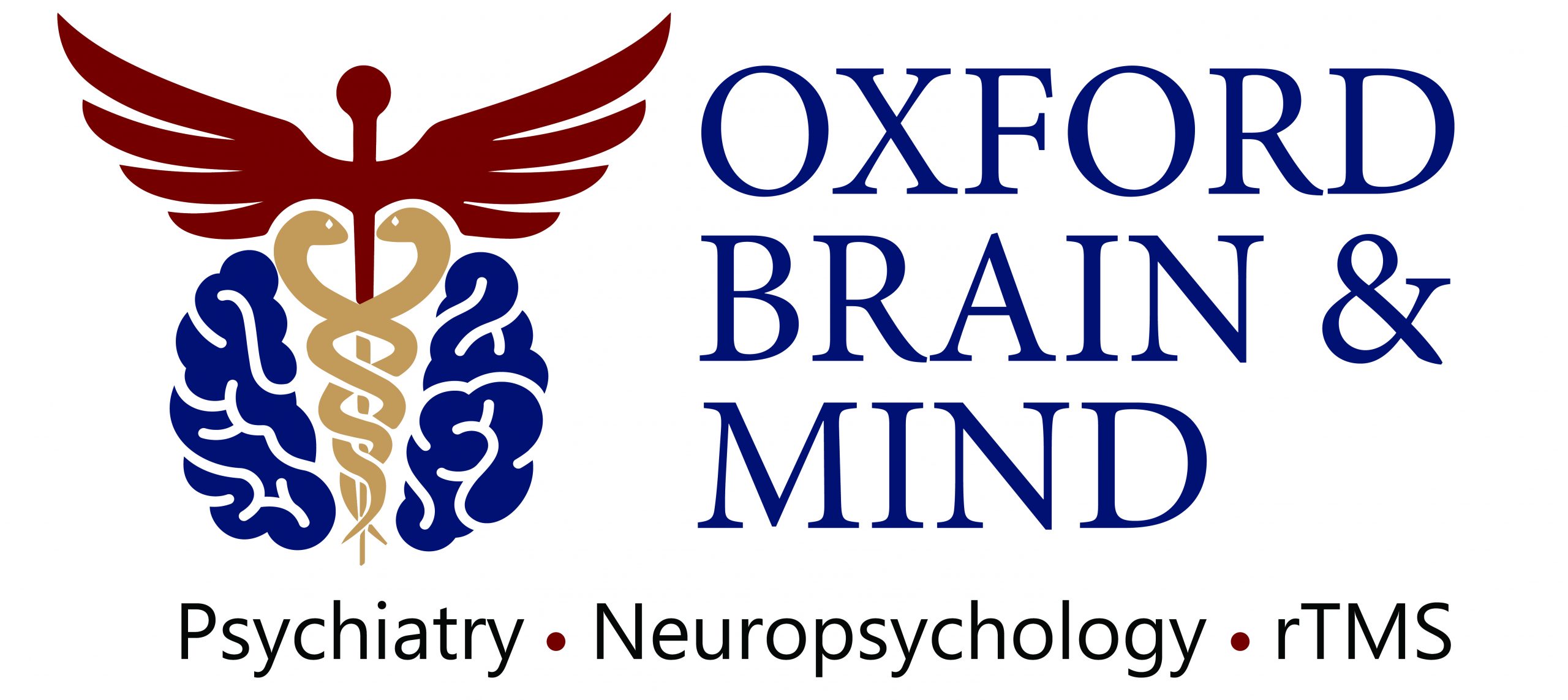
Neuroscientific understanding of depression suggests that cognitive problems, such as attention, memory and executive function are a feature of depression and some of these problems may persist even after depression has improved. An article to be publishes in the journal “Neuromodulator: Technology at the Neural Interface (https://www.sciencedirect.com/science/article/abs/pii/S1094715921061766) suggests that rTMS treatment in individuals with treatment resistant depression may also improve their memory. Improvement in verbal memory was associated with improvement in depression indicating that rTMS treatment can improve both depression and cognitive problems. However, the study did not have a comparison group and was conducted on a small sample ( N=47). This finding supports findings from an earlier systematic review (https://www.karger.com/Article/Fulltext/381351) which proposed rTMS as a promising technique for cognitive enhancement in treatment resistant depression. Positive effects of rTMS treatment in depression on cognition has been reported in other studies too. A study published in the journal “Brain Stimulation” by Hoy et al (2012) on a large group of patients (N=137) reported no cognitive deterioration after a course of rTMS treatment and initial improvement on immediate visuo-spatial memory was significantly related to eventual reduction in depression. This positive effect of rTMS in depression is in contrast to treatment with medication. In a large study ( N=1000) no improvement was found in attention, response inhibition, verbal memory, decision speed and information processing after antidepressant treatment (Shilyansky. et al., 2016- Lancet Psychiatry).
Dr Sanjay Kumar
